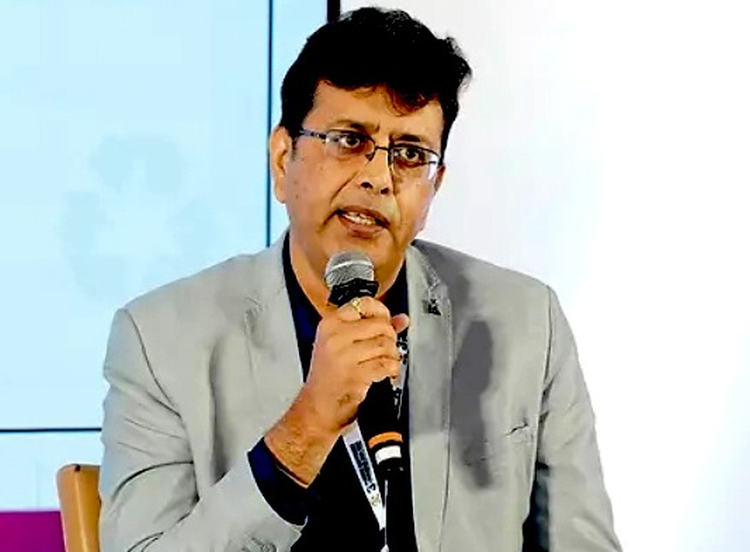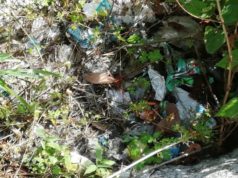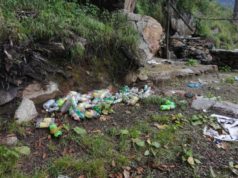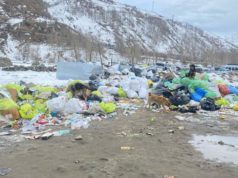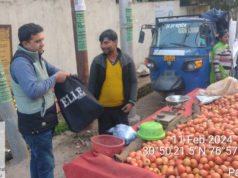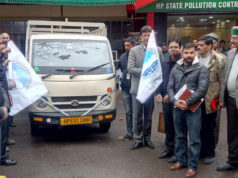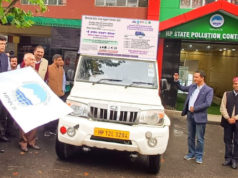Himachal Pradesh’s innovative approach towards plastic waste management has gained recognition at the 3rd Plastic Recycling Conference Asia 2023 in Mumbai. Anil Joshi, Member Secretary of the Himachal Pradesh State Pollution Control Board, represented the state and shared the progress made in ensuring scientific disposal of waste management, including plastic waste management, recyclable and non-recyclable.
Joshi emphasized that Himachal Pradesh has always been a pioneer in dealing with plastic waste management, having enacted the Himachal Pradesh Non-biodegradable Garbage Control Act in 1995. Since then, the state has led on plastic waste management by banning all types of plastic carry bags in 2009, banning other single-use plastic items in 2018 even before the Ministry of Environment and Forests, Government of India’s notification in 2021. The state has also implemented innovative plastic buyback policies to deal with non-recyclable plastic waste and implemented extended producer responsibility (EPR) guidelines for managing plastic packing waste.
Joshi shared the challenges that the state is facing in managing the scientific disposal of solid and plastic waste, along with gaps in existing policies. He stressed the need for 100% waste segregation, better waste collection and transportation in hilly regions, and the need to conduct compositional surveys of waste in urban local bodies. He also stressed the need to put urban local bodies (ULBs) in the loop of the EPR mechanism and boost the implementation of the state’s Plastic Buyback Policy for non-recyclable plastic waste.
Joshi held a meeting with entrepreneurs who are dealing with plastic waste recycling, inviting them to invest in Himachal Pradesh. He urged to bridge the existing gap in the EPR mechanism in procuring EPR certificates with respect to state-specific targets for producers, importers, and brand owners.
Himachal Pradesh’s leadership in plastic waste management is an inspiration for other states and entities to adopt innovative measures towards sustainable waste management practices. The state’s efforts not only protect the environment but also contribute to the overall health and well-being of its residents.


